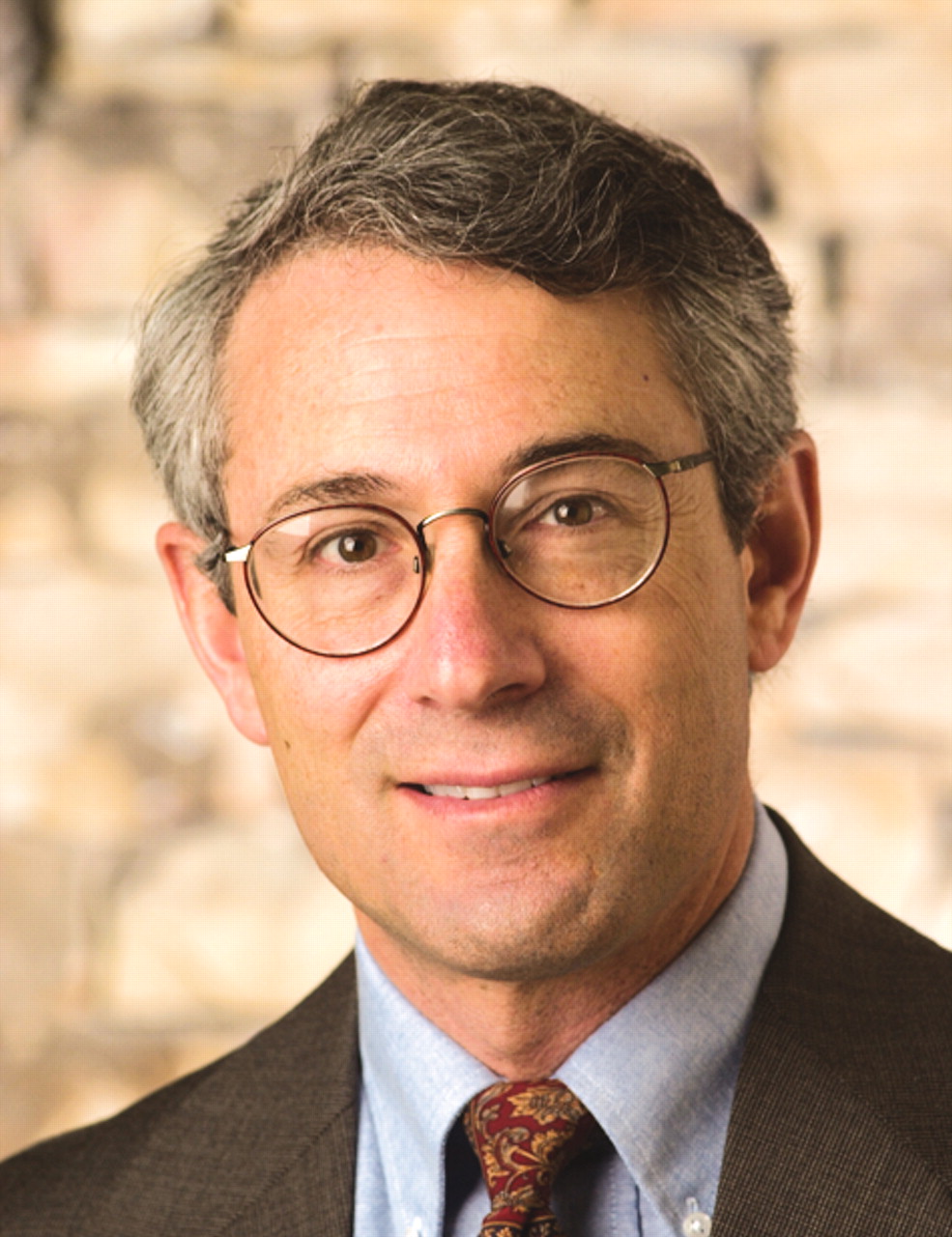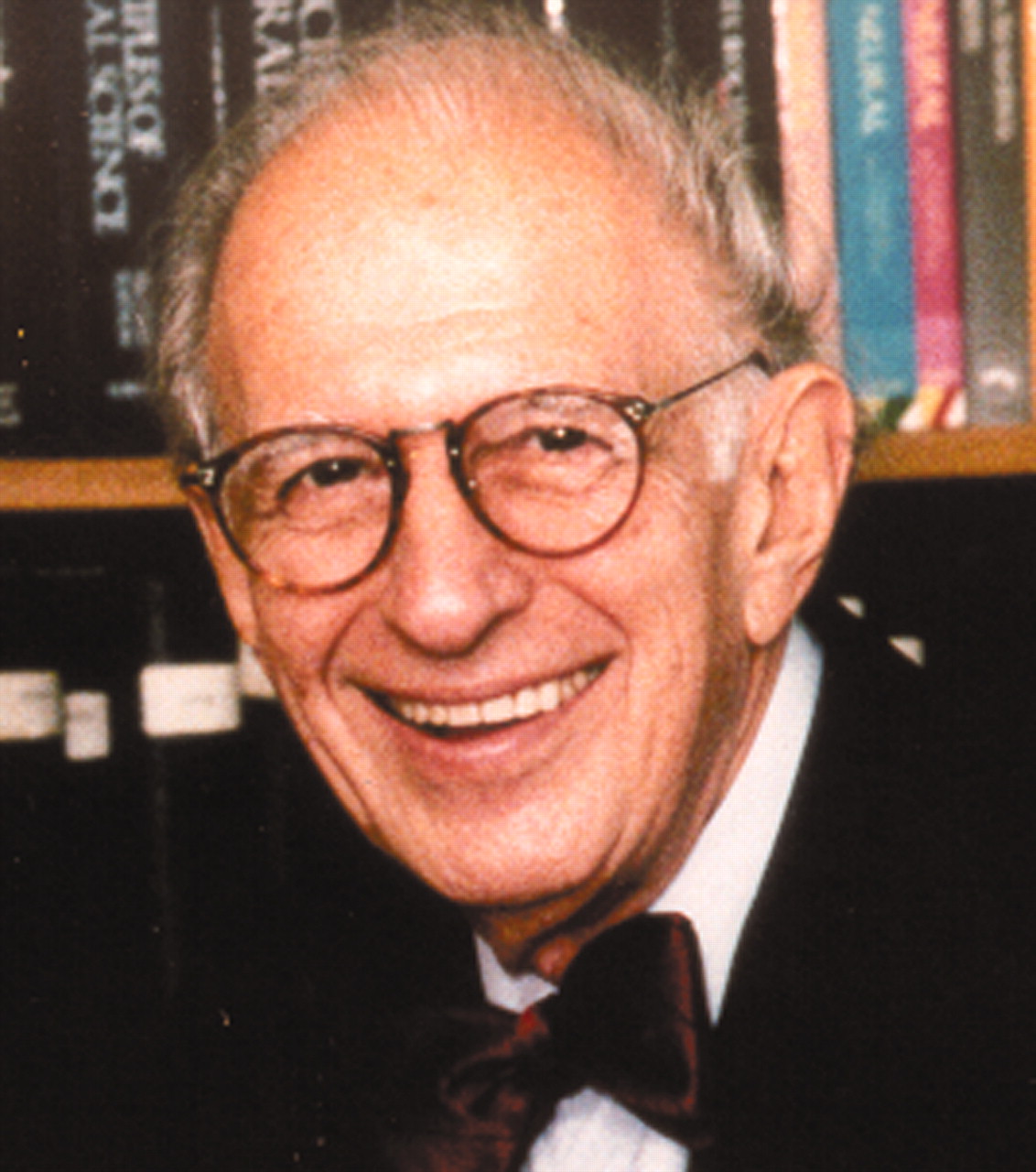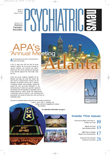As the sponsor of a dedicated research track at this year's annual meeting, the National Institute of Mental Health (NIMH) will showcase the yield of its hefty investment over the past decade and more in disparate fields of basic, preclinical, and clinical science that today has increasingly immediate relevance to understanding and treating mental disorders.
Under the theme “From the Science of Mental Illness to Clinical Care,” the series will encompass plenary lectures by Nobel Laureate Eric Kandel, M.D., Bruce McEwen, Ph.D., Robert Freedman, M.D., Daniel R. Weinberger, M.D., and NIMH Director Thomas R. Insel, M.D. In addition, the track features symposia, workshops, and other sessions focused on the translation of information gleaned from research into tools and strategies for practicing clinicians.
“One of the fundamental recommendations that emerges repeatedly from our Advisory Council work groups as well as from public comments concerns the need to translate basic-science discoveries into biomarkers, diagnostic tests, and new treatments for patients with mental disorders,” said Insel.
“The challenge is for those of us who are immersed in research to hand off to busy clinicians information in a form that they can carry forward and use in daily practice.”
Taking that advice to heart, NIMH staff, under the lead of Wayne Fenton, M.D., Mayada Akil, M.D., and Catherine Roca, M.D., designed a special track that underscores the priority that NIMH attaches to translational research at multiple levels— that is, moving new insights about basic mechanisms of illness into focused clinical research questions and designing clinical studies that are responsive to clinicians' interests and needs. In one symposium, for example, the lead investigators on four of NIMH's multisite, clinical-effectiveness trials will summarize key findings to date in studies involving patients with schizophrenia, bipolar disorder, childhood and adolescent depression, and depression resistant to standard interventions.
Some of the topics included tend to be off the radar in day-to-day practice. For example, “Neuroscience for the Clinician,” will comprise two symposia—both of which were organized and will be chaired by Akil—that will familiarize clinicians with the latest advances in genetics and functional neuroimaging with potential relevance to clinical practice.
“Mainstream psychiatric journals are filled with scientific papers invoking genes in psychiatric disorders in one way or another. This symposium is a primer for the clinician interested in critically following these developments without necessarily becoming a geneticist,” said Akil.“ We know that the genetics of psychiatric disorders are complex, involving many genes, each contributing a small percentage of the risk, as is the case in diabetes and cancer. Given their small effects, what strategies exist or are being developed to identify risk genes? How do we go from identifying a susceptibility gene to prevention, diagnosis, and treatment?”
To answer these questions, the session will include presentations that describe the use of genetic studies of complex disorders, highlight genomic approaches to screen tens of thousands of genes and their expression levels, review strategies for understanding genetic findings in the context of neurons and neural circuitry, and discuss ways to integrate this information to enhance understanding of the pathophysiology of mental disorders.
The second “Neuroscience for the Clinician” symposium will review the explosive growth of functional neuroimaging. “Appreciating the implications of functional neuroimaging for psychiatry requires awareness of, but not expertise in, the technology, methodology, interpretation, and applications of imaging technologies,” said Akil.
Of particular interest to clinicians, and among the research to be presented, are studies that are tracking susceptibility genes from brain activation during cognitive tasks and studies demonstrating how different types of treatment can affect activation and predict treatment response. The two “Neuroscience for the Clinician” symposia will be scheduled so that attendees may attend both.
“Each case, each doctor-patient interaction in any psychiatric practice, whether it be general psychiatry or in a specialty area such as child/adolescent, geriatric, addiction, forensic, consultation-liaison, or any other area, is unique,” said Insel. “In that sense, clinical practice and the questions that emerge from it are enormously important in developing the research agenda for understanding of mental disorders. We intend for the NIMH track this year to provide the clinical community a forum in which to learn about the way questions in their work are inspiring exciting lines of research that move us closer to answering the challenges faced in clinical care.”
Indeed, the vast range of patient populations and settings in which psychiatrists work is well reflected in the research track. Symposia will present new findings on targeted, early interventions for autism, an update on pediatric bipolar disorder, and both psychopharmacologic and psychosocial approaches to the treatment of eating disorders. The focus on child and adolescent disorders will be counterbalanced by a review of research advances in late-life disorders.
Sessions also will review new research concerned with the delivery of mental health care in correctional settings and in the context of the general health care system.
Evident, too, in the NIMH program are symposia and workshops that illustrate the barrage of new challenges constantly confronting clinicians: one session, for example, will consider strategies that research now suggests can be useful in managing distress and psychiatric disorders in the wake of terrorist attacks, and another will present new information on the appropriate use of antidepressant medications in treating child and adolescent patients.
The emphasis on new linkages between psychiatric and clinical science and clinical care, Insel said, testifies to a significant realignment of NIMH's core scientific priorities under his tenure as director. “We have shifted several areas of basic science, such as studies of emotional regulation or cognitive development, to new translational divisions to accelerate the development of tools to help patients.”
When NIMH last sponsored the research track at APA's annual meeting, the research community was realizing the culmination of the Decade of the Brain. As the remarkable output of that national and international effort comes more clearly into focus, and as the scientific return mounts from the recent doubling of the NIMH budget, Insel believes that NIMH and the field are poised for a Decade of Translation.
“We view our research track at the APA meeting as an extraordinary opportunity to call the attention of the profession and the larger field to our commitment at NIMH to work toward a long-term goal of personalized care for every individual who lives with a mental disorder,” Insel said.▪


